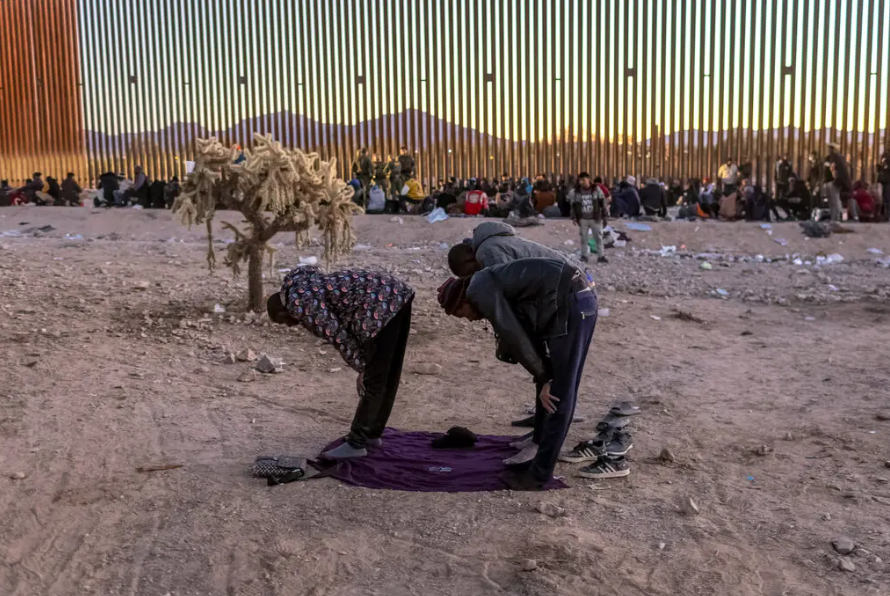The age-old tradition of Female Genital Cutting (FGC), most commonly known as Female Genital Mutilation (FGM), is a coming-of-age ritual practiced in some countries in Africa, the Middle East, Asia, and Latin America. It is also practiced in the immigrant communities that migrate from these regions to Western countries. There are a multitude of physical and mental health issues associated with FGC, including chronic infections, infertility, anxiety and depression, complications during childbirth, and death. In 1985, the United Kingdom criminalized the practice of FGC in order to eliminate it. However, evidence suggests that criminalization has been ineffective and that immigrant communities continue to practice FGC without proper medical training and equipment. This paper proposes that replacing criminalization with harm reduction programs will allow policymakers to obtain accurate data on FGC in the UK in order to inform the development of future programs that will ultimately eradicate the practice.
Female Genital Cutting (FGC) remains a persistent practice, even in countries like the UK where it’s been criminalized. This article delves into the reasons why criminalization has been ineffective and explores a harm reduction approach as a potential path towards eradicating FGC. Learn more about this complex issue and potential solutions.
Historically, the number of migrants from Africa’s 54 countries has been so low that U.S. authorities classified them as “other,” a category that has grown exponentially, driven recently, officials say, by fast-rising numbers from the continent.
According to government data obtained by The Times, the number of Africans apprehended at the southern border jumped to 58,462 in the fiscal year 2023 from 13,406 in 2022. The top African countries in 2023 were Mauritania, at 15,263; Senegal, at 13,526; and Angola and Guinea, which each had more than 4,000.
Nonprofits that work on the border said that the trend has continued, with the absolute number and share of migrants from Africa climbing in recent months as potential destinations in Europe narrow.







